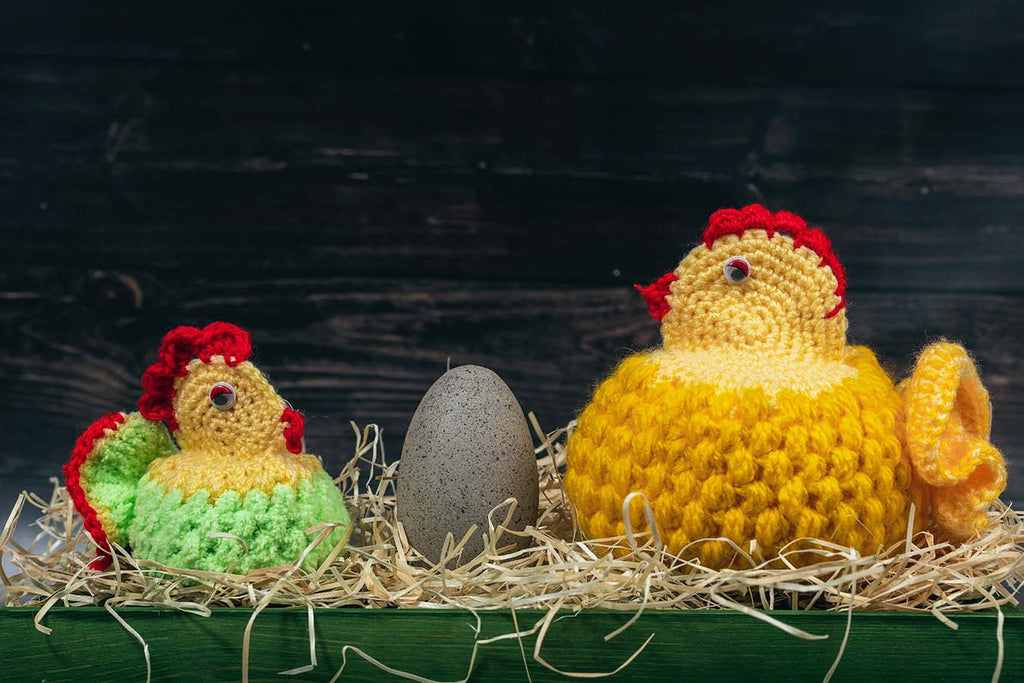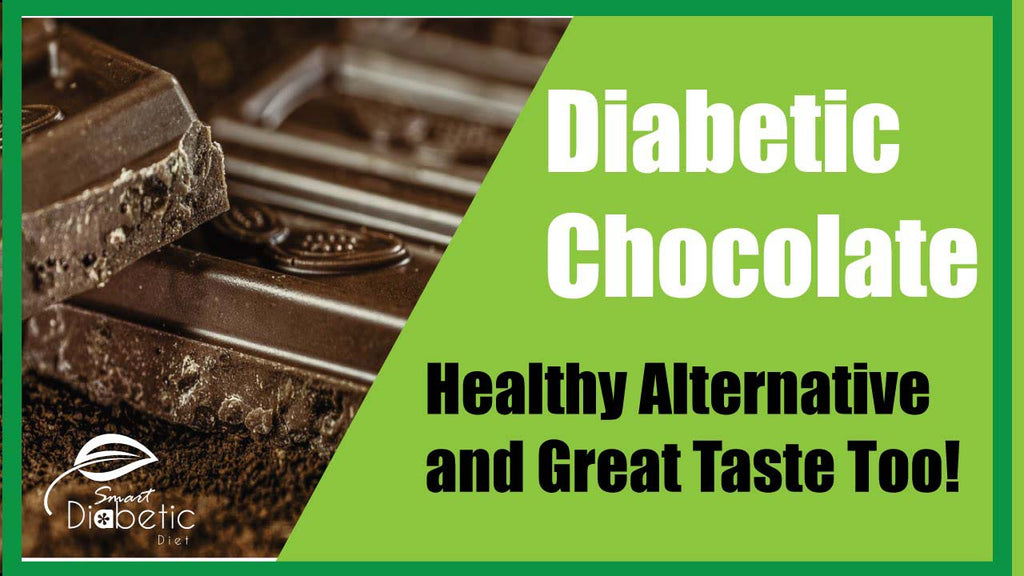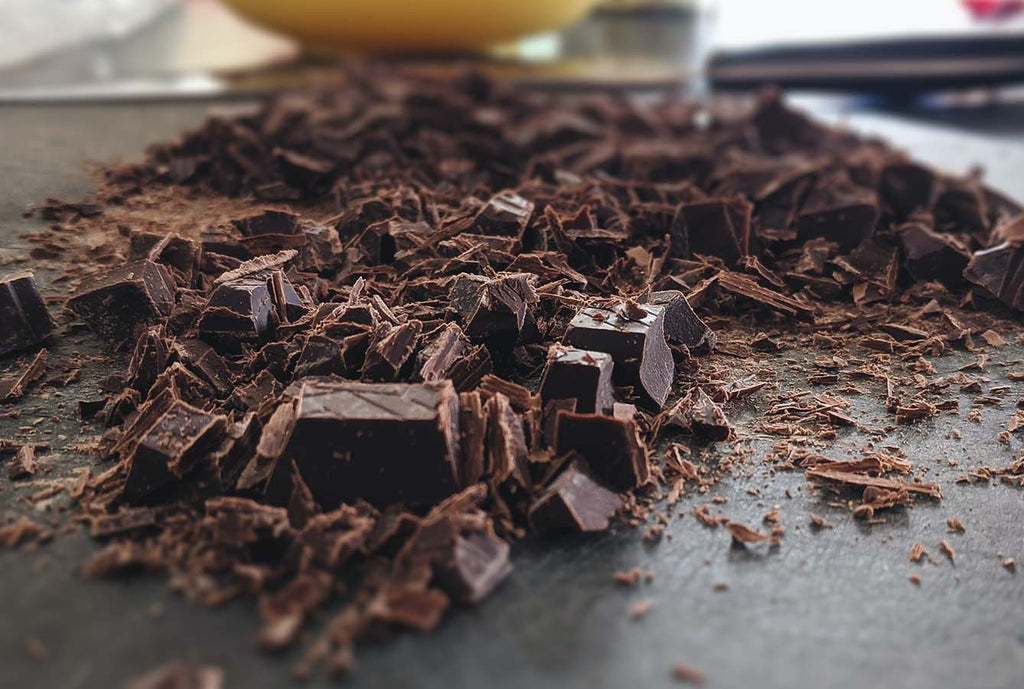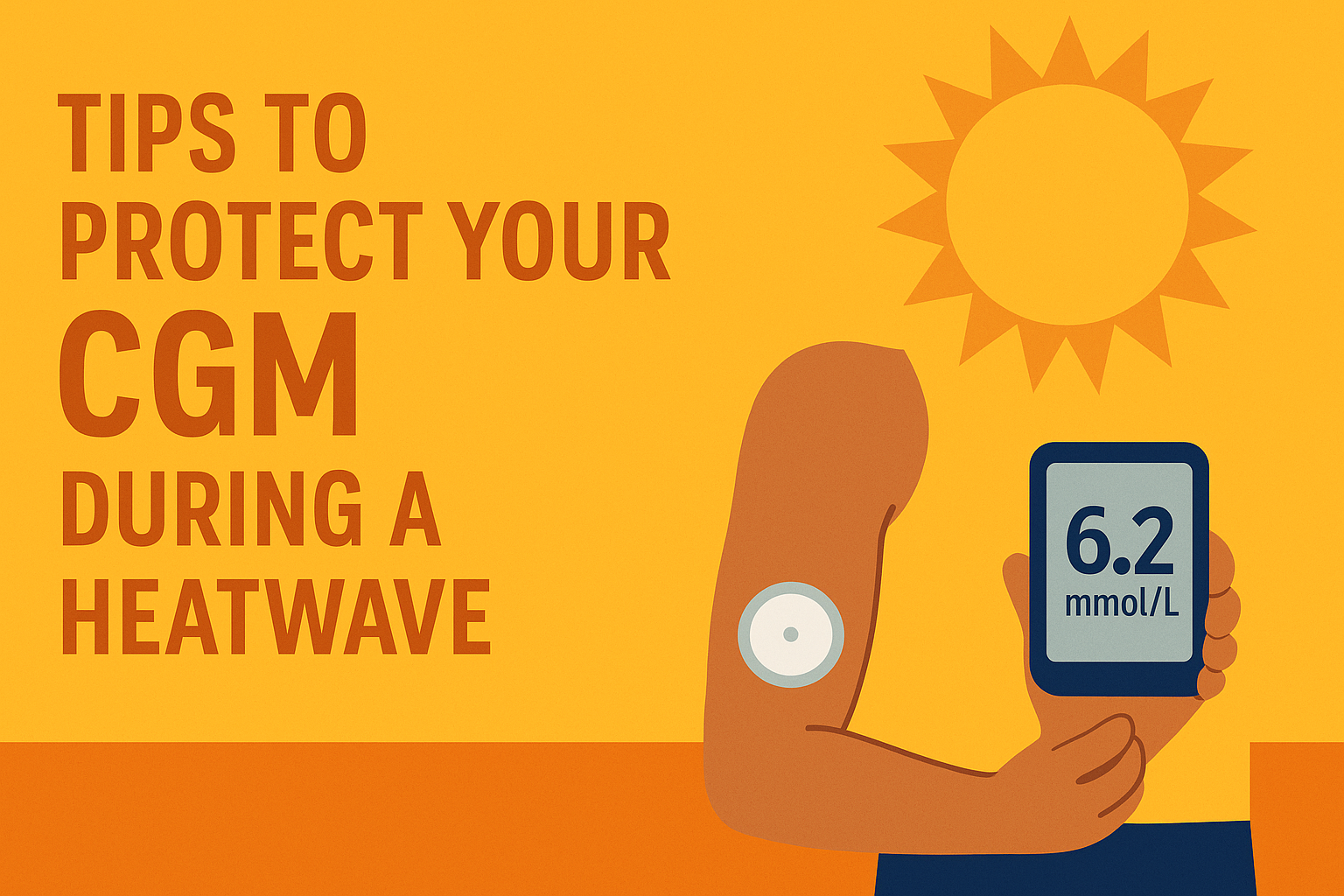
| Blogs and publications on this website are independent of any involvement by medtech companies or diabetes related charities. To ensure there is no bias, we do not accept any products, freebies or other material from any medtech provider. All materials are copyright©️Love My Libre Ltd. |
***
Childhood memories are often planted through family traditions and one of mine is the Easter ritual of painting eggs. With my two siblings, we would egg-citedly spend the morning of Easter Sunday working on our hard-boiled masterpieces, before playing with the painted characters we had just created and tucking into a mountain of chocolate eggs.
I’m not sure how many families still follow traditions like this, and I wonder if I’d been diagnosed with type 1 as a child whether the over consumption of chocolate would have been ‘allowed’. I know many parents feel that they have to limit sweet treats for children with diabetes, but eggs can play a role in following a healthy diet for children and adults and it’s not just hen laid eggs, chocolate Easter eggs, can be good for those with diabetes too.
This blog explains the health benefits so that you can have a guilt-free Easter!
💛💛💛
Do hen's eggs lie in the good or bad category for diabetes?

Hen-laid eggs contain many nutrients and are considered by many as a superfood and a staple on the menu of for persons with type 1 diabetes.
Eggs are rich in high quality protein and low in carbohydrate content — there is no sugar! As protein is satiating it also means that consuming eggs can help curb unhealthy cravings and eating protein and carbohydrates together may delay the impact of carbohydrates on blood sugar.
Eggs have both omega-3 and omega-6 essential fatty acids, Vitamin A, D and some B vitamins and also contain minerals such as calcium, iron, selenium, sodium and phosphorus.
Although eggs were once considered as bad for cholesterol levels, it’s now understood that eggs raise the good cholesterol (HDL) and for the majority of people with diabetes, while not adversely affecting the level of bad cholesterol (LDL).
Egg yolk, which contains most of the fat content, contains biotin that improves insulin production and is good for keeping hair and skin healthy.
And when choosing which eggs to buy, it's better to choose free-range eggs, if you can, as these are higher in vitamins and minerals and lower in cholesterol than caged eggs.
What about the health benefits of chocolate eggs?
💛💛💛
Should I eat 'diabetic chocolate'?

Even though I was diagnosed as type one in my thirties, it was several years before I explained to family members that I didn’t need to restrict myself to ‘diabetic chocolate’ and that I would adjust my insulin to account for the carbohydrate content.
For those that don’t know, chocolate termed ‘diabetic’ is usually made with sweeteners such as such as the polyols, maltitol and sorbitol. However, polyols often have a laxative effective and shouldn’t be consumed in large quantities. They may not be completely absorbed by the body which can mean that less insulin is needed when carb counting. It is potentially a reason why eating this type of chocolate could lead to a hypo.
In addition, ‘diabetic chocolate’ often tastes ‘cheap’ and just isn’t the taste we are used to, or crave. In fact, manufacturers were banned from labelling food as ‘diabetic’ or ‘suitable for diabetics’ back in 2016 in the UK, so you shouldn’t really see it on packets or in any advertising.
What type of chocolate is best if you have diabetes?

Studies have shown that dark chocolate has health benefits which can guard against heart disease although over consumption could also lead to weight gain and heart problems down the line.
The reported benefits include:
- Improved blood pressure
- Improved insulin sensitivity
- Increases ‘good’ cholesterol (ie. HDL)
- Reduces oxidation of ‘bad’ cholesterol (ie. LDL)
- Improves antioxidant capacity
- Reduces coagulation of blood
Cocoa beans are rich in iron, phosphorous, zinc, magnesium and copper and chocolate with a high amount of cocoa solids, at least 70%, is thought to help reduce blood pressure and heart disease.
However, it’s worth bearing in mind that a higher percentage of cocoa doesn’t necessarily equate to a better quality chocolate.
Dark chocolate has a richer taste, but is less sweet than milk or white chocolate, as it is purer in terms of having more cacao solids which makes it also gives it a bitter taste. However, the antioxidants it contains can reduce the damaging effect of free radicals on cells which may be causing oxidative stress to the body, thought to relate to the development of neuropathy.
Flavanols in chocolate can help to stimulate blood vessels which can lower blood pressure and improve blood flow.
A key difference between dark chocolate, and milk and white chocolate, is the presence of Polyphenols. These appear to provide benefits for the heart and our overall health in the same way as other foods containing polyphenols such as red wine and green tea.
Importantly, dark chocolate can contribute to reducing insulin resistance.
💛💛💛
How does chocolate affect blood sugar?
Chocolate is generally a low glycaemic index (GI) food so shouldn’t lead to big swings in blood sugar levels. That said, milk chocolate and chocolate that has been sweetened will have a higher GI which will raise blood sugar levels so you will need to check the carbohydrate and sugar content on individual products to determine whether to inject or take other measures to avoid a spike. Otherwise, it is likely that glucose levels will start to rise.
The glycaemic index for milk chocolate is 42, whereas for dark chocolate it is 23. The index attributes high glycaemic foods as those over 55.
As always, portion size has an effect on how an individual’s blood sugar will react as well as other factors relating to their diabetes management. Of course, the high content of fat in chocolate means that it should be eaten in moderation to avoid weight gain.
💛💛💛
Should I treat myself?

With this in mind, chocolate Easter eggs can be a treat for diabetes and dark chocolate is best. Eating chocolate will almost certainly raise glucose levels, but perhaps if we eat them before exercising and a few pieces at a time then glucose levels may be manageable. If you have a FreeStyle Libre or CGM then this will be a help of course, it’s just a question of when to inject if you’re on MDI.
Whether you choose chocolate eggs or other treats, I hope you have a lovely Easter time!
Disclaimer
Content on our website www.lovemylibre.com does not constitute medical advice or replace the relationship between you and healthcare professionals nor the advice you receive from them.
The author of this blog has type 1 diabetes and uses the FreeStyle Libre 2 which is provided on NHS prescription. We do not have any affiliate relationship with Abbott or FreeStyle Libre.







Leave a comment (all fields required). Please note, we are unable to respond to individual comments posted here.